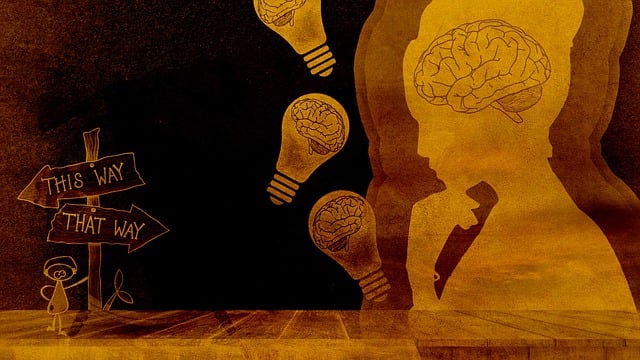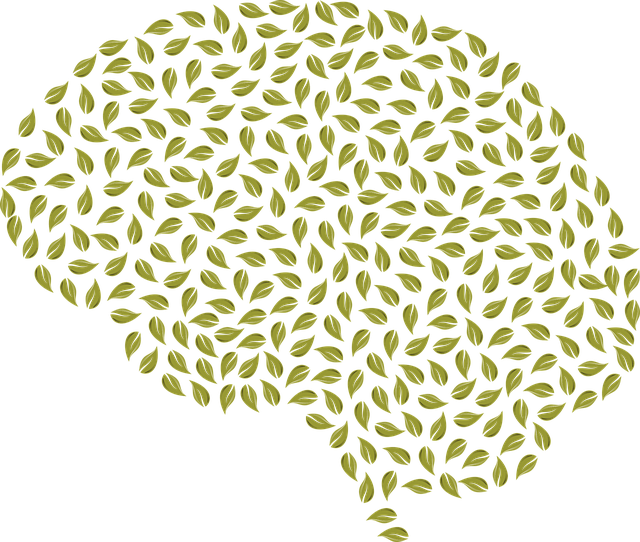Wheat Ridge Chronic Pain Therapy emphasizes understanding group dynamics for effective facilitation. By creating a safe, supportive environment and encouraging open communication, facilitators promote emotional healing and mental wellness. They adapt to cultural variations, recognize leadership patterns, and use strategies like active listening and reflective exercises to build trust. Structured activities combine education and emotional support, normalizing experiences and offering practical self-care practices. This holistic approach enhances coping strategies, strengthens community bonds, and ultimately improves mental wellness among group members.
Mental wellness group facilitation plays a pivotal role in supporting individuals navigating various challenges. This article delves into essential techniques for facilitators, focusing on creating supportive environments and engaging activities tailored to chronic pain management. By understanding mental wellness dynamics and implementing effective communication strategies, facilitators can foster meaningful connections and enhance participants’ well-being, as seen in Wheat Ridge Chronic Pain Therapy approaches. Discover practical methods to revolutionize group support systems.
- Understanding Mental Wellness Group Dynamics
- Effective Communication Strategies for Facilitators
- Techniques to Foster Safe and Supportive Environments
- Designing Engaging Group Activities for Chronic Pain Management
Understanding Mental Wellness Group Dynamics

Understanding Mental Wellness Group Dynamics is a cornerstone of effective group facilitation, particularly in settings like Wheat Ridge Chronic Pain Therapy. In these groups, individuals gather to share experiences and support one another, creating a unique social environment where emotions and thoughts can be openly expressed. The dynamics are complex, influenced by factors such as individual personalities, the nature of their shared challenges (like chronic pain), and cultural backgrounds. Facilitators play a crucial role in fostering a safe space, encouraging active participation, and promoting emotional healing processes among members.
Group interactions often reveal patterns—some individuals may take on leadership roles, while others remain more reserved. These variations require adaptability from healthcare providers who facilitate such sessions, emphasizing the importance of cultural competency training. By recognizing and addressing burnout prevention concerns within these groups, facilitators can enhance overall well-being. This tailored approach ensures that each member feels heard, validated, and supported in their journey towards mental wellness.
Effective Communication Strategies for Facilitators

Effective communication is a cornerstone of successful group facilitation, especially in mental wellness settings like Wheat Ridge Chronic Pain Therapy. Facilitators play a dual role of guiding the discussion and fostering an open, supportive environment. To achieve this, they should employ active listening techniques, reflecting participants’ sentiments back to them to ensure understanding and validate their experiences. This builds trust and encourages honest expression, crucial for addressing sensitive mental health topics.
Empathy building strategies are integral here. Facilitators can enhance communication by sharing relevant personal experiences (without oversharing) to connect with the group. Mental Health Education Programs Design that emphasizes open dialogue, rather than formal lectures, allows participants to share their stories and learn from each other. This collaborative approach not only improves communication but also fosters a sense of community, facilitating Self-Care Routine Development for Better Mental Health within the group.
Techniques to Foster Safe and Supportive Environments

Creating a safe and supportive environment is paramount when facilitating mental wellness groups. This begins with establishing clear boundaries and ground rules from the outset, ensuring every participant feels respected and heard. Encouraging open communication through active listening and non-judgmental attitudes fosters trust within the group. Techniques like reflective listening and encouraging participants to share their experiences can enhance this process.
At Wheat Ridge Chronic Pain Therapy, facilitators employ self-awareness exercises to promote understanding among members. Exercises that encourage participants to recognize and articulate their emotions help in building empathy both within themselves and for others. Additionally, structured activities designed to challenge stereotypes and preconceived notions contribute to a culture of inclusivity, making the group space genuinely supportive and nurturing.
Designing Engaging Group Activities for Chronic Pain Management

Designing engaging group activities for chronic pain management is a nuanced art that requires facilitators to balance education with emotional well-being promotion techniques. In a supportive environment like Wheat Ridge Chronic Pain Therapy, activities should aim to normalize experiences, foster open communication, and offer practical self-care practices. Techniques such as guided meditation, mindfulness exercises, and peer support circles can help participants navigate their pain in a group setting, providing a sense of community and shared understanding.
Crisis intervention guidance is integral during these sessions, equipping facilitators with tools to handle intense emotions or sudden exacerbations. By integrating activities that encourage self-care practices, such as stress management techniques and movement exercises, group members can gain more control over their chronic pain. This holistic approach not only enhances individual coping strategies but also strengthens the collective support system within the group, ultimately contributing to improved overall mental wellness.
Group facilitation techniques play a vital role in enhancing mental wellness support, especially in managing chronic conditions like pain. By understanding group dynamics and employing effective communication strategies, facilitators can create safe spaces where individuals feel empowered to share their experiences. Techniques focused on building supportive environments are key to fostering trust and connection among participants. Furthermore, designing engaging activities tailored to specific needs, such as those offered by Wheat Ridge Chronic Pain Therapy, ensures that groups remain interactive and impactful. These approaches collectively contribute to a holistic approach to mental wellness care.














